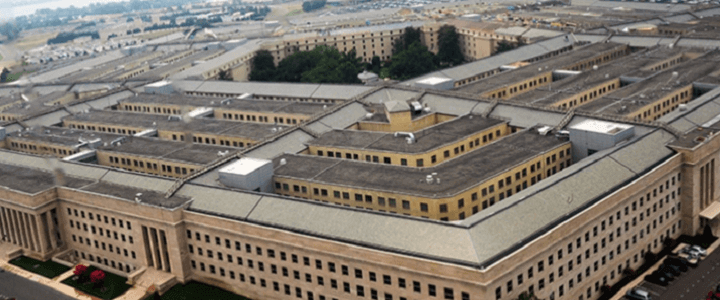Of the many quirks in the federal government’s security clearance system, perhaps the most peculiar is the determination of who adjudicates eligibility.
By “who” I don’t mean a particular person, but rather the identity of the federal agency making the final call. In the case of federal government employees, members of the Armed Forces, and Intelligence Community (IC) contractors, the matter is straightforward: the employing department or agency is responsible for determining whether or not to grant the clearance or favorable public trust determination. But in the case of non-IC federal contractors, the agency making the decision is often the Department of Defense – even if the contractor isn’t working on a DoD contract.
The reason for this oddity is the government’s byzantine, two-track system for adjudicating security clearances. Adjudications for non-IC contractors are done under the authority of Executive Order 10865, an Eisenhower Administration-era order still in effect. Adjudications of civilian government employee, IC contractors, and military cases are done under authority of Executive Order 12968, a Clinton Administration-era order that supplemented, rather than replaced, the earlier edict.
I’ve written previously about which process I think is superior and how the system came to exist in its current state. In brief, the system for non-IC contractors affords significantly more due process protection to the clearance holder or applicant and should be the standard government-wide. Implementing it, however, requires a more sophisticated and quasi-judicial entity than what many federal agencies have at their disposal. As a result, numerous federal departments and agencies have entered into a memorandum of understanding transferring authority for their contractor adjudications to DoD and the Defense Office of Hearings and Appeals (DOHA), but retaining authority to adjudicate their employee cases. Those agencies include – in part – every Cabinet-level Department except Energy, HHS, HUD, and Veteran’s Affairs, along with FEMA, NASA, the Federal Reserve System, and the EPA. For a complete list, see DoD Directive 5220.6 available here.
If this seems like a highly technical issue that won’t have any impact on your security clearance or public trust adjudication, hopefully for the sake of your continued employment that is, in fact, the case. But if you’re one of the roughly 5% of security clearance or public trust applicants who run into problems, knowing in advance which agency will be adjudicating your case can help. The reason for this is that, unlike all other federal agencies except the Department of Energy, DoD publishes their adjudicative decisions anonymously online for anyone who may wish to review them. The relevant website includes a search function that allows visitors to search for cases similar to their own using keywords. For example, if you’re concerned about how past marijuana use may factor into your adjudication, simply type “marijuana” into the search box and you’ll be able to see how others with similar situations fared.
The opportunity to review similar cases may prove helpful in understanding your odds of a successful resolution and helping assess risk (e.g. “should I take this cleared job and leave my perfectly good uncleared one?”). It can also help you assess whether there are steps you can take now to increase the odds of a favorable adjudication down the road.
But before you start panicking or get too confident, keep in mind that all security clearance (and public trust) cases are adjudicated using a “whole person” assessment, and that there is a human element in this equation that is sometimes a wild card. When in doubt, consider speaking with an expert.
This article is intended as general information only and should not be construed as legal advice. Consult an attorney regarding your specific situation.



